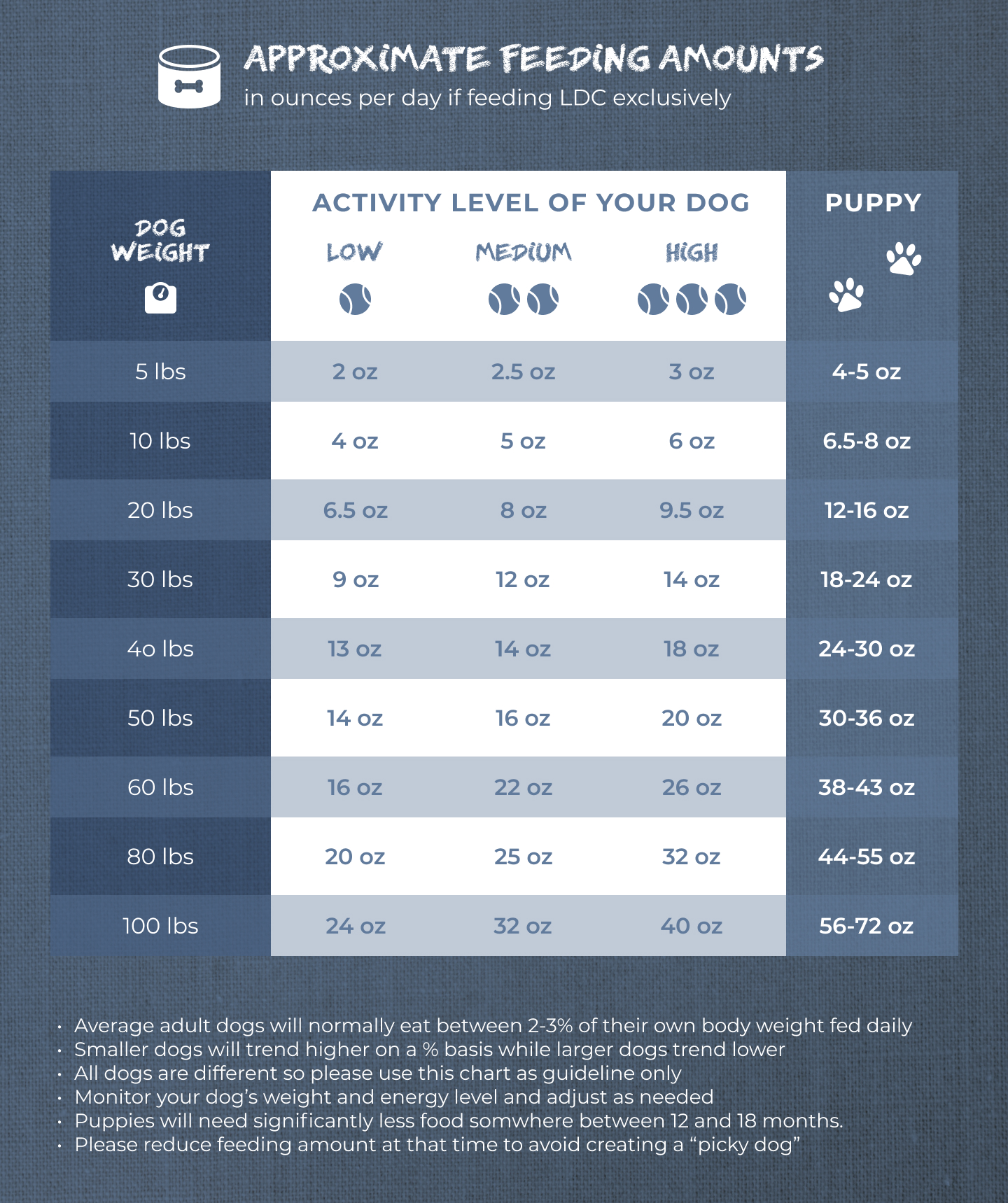Our next couple of blogs will focus on what kibble really is and how it is made. Once you understand the process you can decide for yourself just how much of it you would like to feed your dogs.
Rendering Plants – What Are They?
Rendering plants are where most pet food companies get their raw materials, especially protein. If your dog food label has terms like “beef meal”, “chicken meal”, “animal by-product meal” or “bone meal”, you are feeding your pet rendered ingredients. “Animal fat” and “beef flavoring” or “chicken flavoring” are also products of the rendering process.
Since the 1800’s, rendering plants have used an industrial process to re-cycle animal remains and other waste products, including moldy grains. Some say that because we eat so much meat today, these waste products would pollute the environment with bacteria, viruses, pesticides, and molds if it were not for rendering plants.
 There are two types of facilities. Plants that operate in conjunction with slaughter houses or poultry processing plants are called Integrated rendering plants. These usually only process one type of raw material. They are USDA inspected and produce edible fats and proteins. You will see them in the processed foods we eat labeled as chicken fat, beef fat, lard, glycerin, tallow, and food flavorings. Remember, these are still highly processed slaughter house waste products.
There are two types of facilities. Plants that operate in conjunction with slaughter houses or poultry processing plants are called Integrated rendering plants. These usually only process one type of raw material. They are USDA inspected and produce edible fats and proteins. You will see them in the processed foods we eat labeled as chicken fat, beef fat, lard, glycerin, tallow, and food flavorings. Remember, these are still highly processed slaughter house waste products.
The second type is called Independent rendering plants. These plants collect their raw materials from a variety of sources. They are not USDA inspected but are operated by the Independent Renders Association, meaning they are self-regulated. They produce inedible fats and proteins which are used in livestock, poultry feed, and dog food. By the way, these inedible fats are also present in the cosmetics we use. Look for :
Oleic Acid – found in soaps, permanent wave solutions, shampoos, hair dyes, lipstick, liquid make up and nasal sprays.
Stearic Acid – found in deodorants, food flavorings, hair sprays, and other cosmetics as well as pharmaceuticals.
Even cosmetics that say “not tested on animals” can contain rendering plant products.
So, What Raw Materials Are Processed By Independent Rendering Plants?
The list is long and scary. They include:
- animals that have died other than by slaughter – this means animals that were euthanized (including pet dogs or cats from veterinary hospitals or shelters) or diseased animals.
- dead cattle, sheep, pigs, horses, skunks, rats, raccoons, road kill and zoo animals.
- dead animal raw material can include drugs, antibiotics, pesticides, heavy metals from the cattle ID tags, surgical pins and needles.
- also included are hooves, feathers, cancerous lesions, intestines, bones and any other slaughter house wastes.
- other sources – expired meats from butcher shops, supermarkets, fast food restaurants, feed lots, farms, and ranches.
- restaurant grease, Styrofoam, plastic, contaminated grain (moldy rice, from the flooded areas of Louisiana this summer, was sent to rendering plants).
Once all these ingredients reach the rendering facility, they are shredded and cooked at high temperatures. The fat is skimmed off and the remaining material is dried and sold as “meal”.
This is just the start of the story of how pet foods are made. They certainly have a questionable beginning. Pet foods have become our dumping ground. Our next blog will deal with the next cooking step of extruded kibble.


 Is your dog a picky eater?
What to do when your dog won't eat
Is your dog a picky eater?
What to do when your dog won't eat







